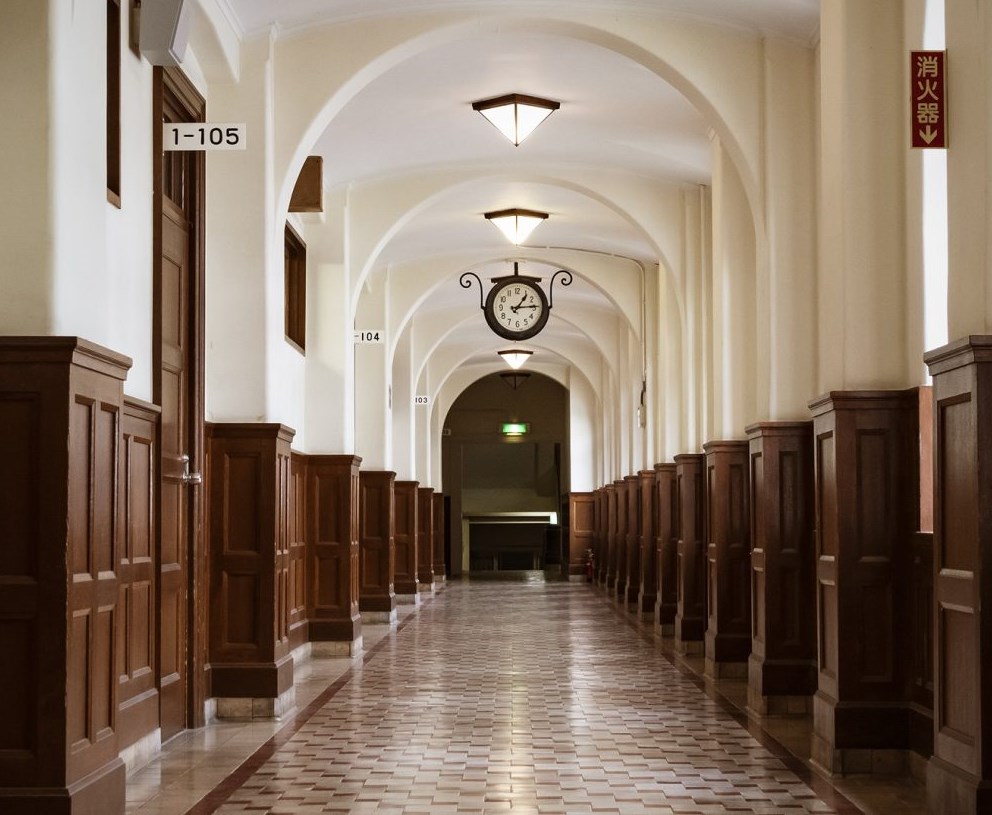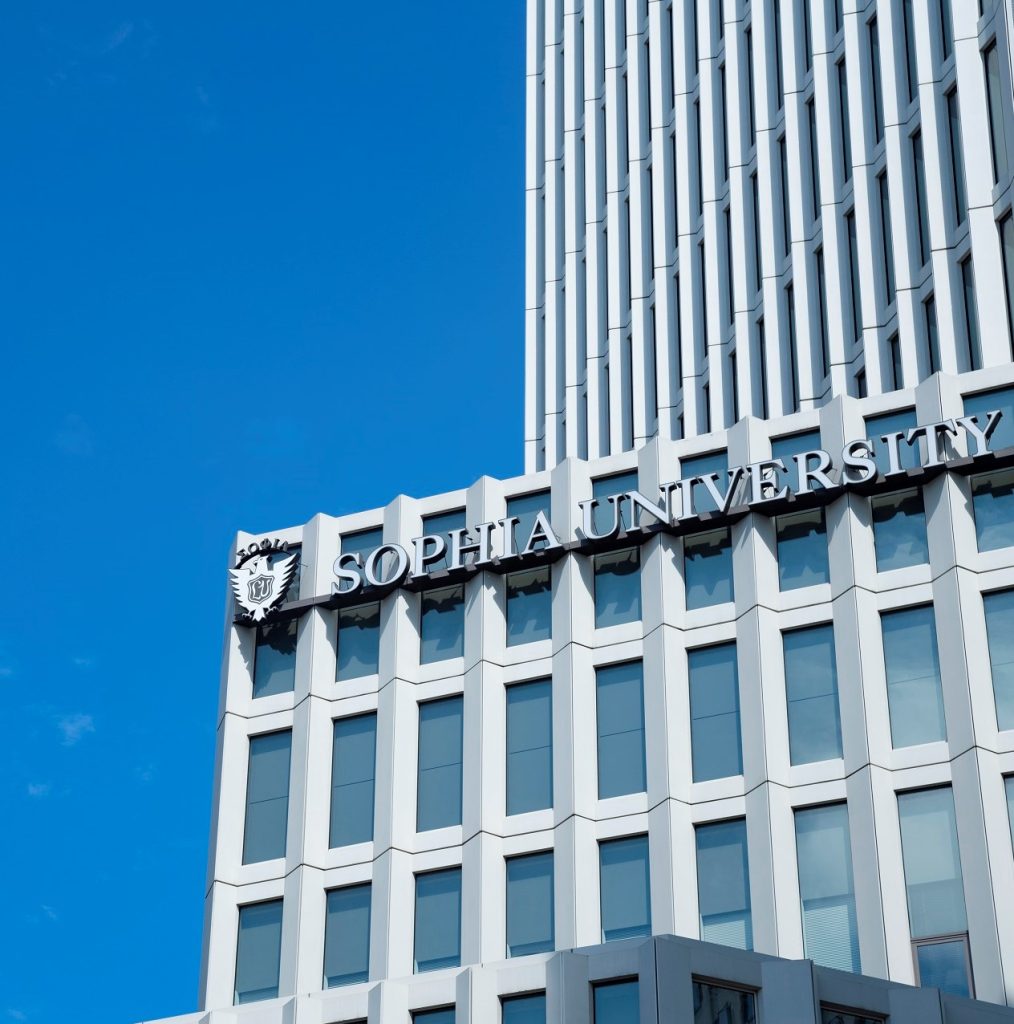Graduate School of Global Studies

INDEX

About the Graduate School of Global Studies
Confronting the Various Problems Caused by Globalization Head-on
Interdisciplinary efforts that cross the boundaries between the humanities and social sciences

The Graduate School of Global Studies is a graduate school that produces innovative knowledge about globalization. The department’s research focuses on issues related to nationalism, development, international conflict, religion, civil society, race and ethnicity, gender, world literature and theater, immigration and refugees, international marketing, international business, information technology, global consumer culture, and environmental issues.
Employing a variety of approaches, including theoretical, empirical, policy-oriented, and social activism, the program is an interdisciplinary effort that crosses the boundaries between the humanities and social sciences.
One of the largest research departments in the world with access to a diverse research network

The Graduate School of Global Studies, one of the largest of its kind in the world, offers a system that supports research based on the wishes and needs of students under the guidance of a diverse faculty. Classes are taught in both English and Japanese and the program also boasts an extensive research support system, including symposiums and workshops organized by students, internship and training opportunities at world-class educational, research institutions, and international organizations to support students’ research and study activities.
Educational Objectives
-
The Graduate School of Global Studies consists of four programs: International Relations involves multifaceted research on multiple aspects of international relations; Area Studies focuses on understanding regions including Asia, the Middle East, Africa, Europe and Latin America in their contexts; Global Studies uses multifaceted approaches to tackle global issues; International Cooperation Studies deepens advanced comprehensive understanding of international cooperation. The school educates research specialists and high-level professionals capable of applying concepts and methodologies acquired in each program to achieve an integrated understanding of our globalizing world.
Programs
Master’s (Doctoral) Program in International Relations
While seeking deep insights into specific regions, we aim to create researchers and professionals who can contribute to today’s international society by conducting research within the broader perspective of globalization.
Course of study: Master’s and Doctoral Program
Language of instruction: Japanese
Master’s (Doctoral) Program in Area Studies
Through specialized courses and fieldwork, students will broadly study the history, society, culture, politics, economics, and development of regions covering Asia, the Middle East, Africa, Europe, and Latin America, and develop the ability to apply advanced knowledge about the region in relation to globalization of the world.
Course of Study: Master’s and Doctoral Program
Language of instruction: Japanese
Master’s (Doctoral) Program in Global Studies
The major focuses on the exploration of contemporary events that affect the world on a global scale and their historical backgrounds. The curriculum is taught entirely in English, and students will develop an understanding of Japan and other regions using perspectives and research methods from academic disciplines.
Course of Study: Master’s and Doctoral Program
Language of instruction: English
Master’s Program in International Cooperation Studies
The program fosters the ability to take charge of solving increasingly diverse global issues at the forefront of international cooperation in international organizations, governments, private companies, and other fields.
Course of study: Master’s Program
Language of instruction: Japanese and English